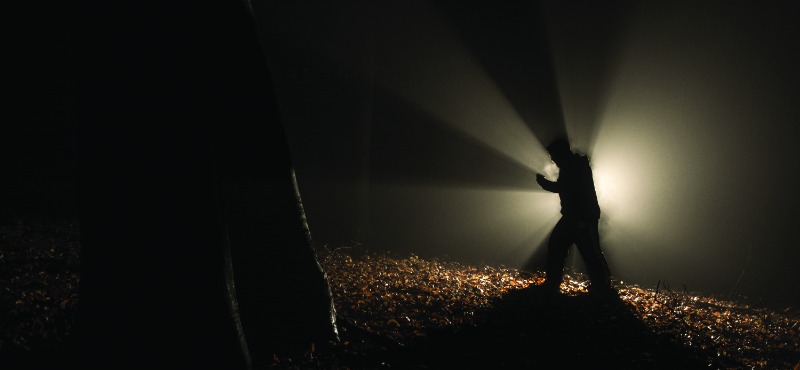Prosecutor Randi McGinn is working on a mistrial case that could set a precedent in regards to police shootings and use of deadly force by officers not only in New Mexico, but perhaps country-wide.
In 2014, two New Mexico police officers, Keith Sandy and Dominique Perez, shot and killed a mentally ill homeless man, James Boyd. Boyd was confronted after a neighbor called the police, reporting that a man had been camping for a month in an area of the mountains behind his house where camping was not permitted. After the initial two open spaces officers began to pat down Boyd, he pulled out two pocketknives, and additional officers arrived in waves until there were a total of 19 officers surrounding Boyd, including Sandy and Perez. Although an officer with crisis intervention training was working and making progress with Boyd, Sandy and the K-9 officer with him requested that he instead secure the perimeter.
The K-9 officer then began negotiating with Boyd, and although Boyd agreed to leave and began to depart from the scene, a flash-bang device was thrown and a Taser fired. Sandy and Perez then discharged their weapons when they allegedly believed that the K-9 officer, who had lost control of his police service dog, may be at risk. McGinn maintained that the police put themselves at risk by advancing on Boyd, didn’t allow him enough time to speak with a crisis intervention officer, and shot him in the side and back when he was surrendering. Another issue she cited with the case was that it relied on fellow officers for witness testimony on how the events unfolded, which created an inherent bias.
When the helmet camera video went live—the first police shooting video to be released to the public—frustrated citizens took to the streets and marched for hours. Between 2010 and 2014, Albuquerque police have fatally shot 28 people, a per capita rate that doubles Chicago’s and is more than eight times that of New York City’s. A Department of Justice report also revealed that most shootings by city police were unjustified and unnecessarily used deadly force or were circumstances where the officers’ actions had led to their need to use force.
The case is one of the most important for Albuquerque. McGinn’s appointment to the case came after the local District Attorney was excused because of a conflict and no other prosecutor in the state wanted to review the controversial case. When no one else would prosecute, McGinn stepped in and agreed to handle the case for $5,400—the same amount contract public defenders receive for defending a first degree murder case. Since the police shooting of Freddie Gray, there has been a precedent of appointing special prosecutors to criminal cases that involve police. McGinn is noted for having won a $6 million state court verdict against the Albuquerque Police Department and two officers for the 2011 fatal shooting of Christopher Torres, a 27-year-old paranoid schizophrenic man.
Through their civil lawyers, Boyd’s family won a $5 million settlement in a wrongful death suit against the city; however, prosecuting the officers would prove to be trickier. Originally the officers were charged with an open count of murder in January 2015, with a preliminary hearing held in August 2015 and a trial that began in September 2016.
After three weeks of a publically broadcast trial, the case was announced as a mistrial on October 11, 2016, when the jury deadlocked with three votes of guilty and nine votes of not guilty, leaving Perez and Sandy both charged with second-degree murder and Sandy also charged with aggravated battery. Given the polarized views across the nation on police shootings, the verdict came as no surprise to McGinn. She will now work with incoming District Attorney Raul Torrez to review evidence before deciding on how to proceed with the case.
“We were hoping to create a template for these cases moving forward,” McGinn remarked, according to WXPI. “They need somebody outside investigating, whether they have an attorney general investigate them all, or put together a team of outside law enforcement.”
At this time, it’s uncertain what the following months will hold for this case and if McGinn will continue to work on it. “Everything is on the table,” McGinn was quoted as saying, according to KRQE News 13. “I’m going to take a completely independent viewpoint on this. I may decide to dismiss the case altogether. I may decide that the pending charges are appropriate and proceed from there. And I may decide to file different charges.”

















